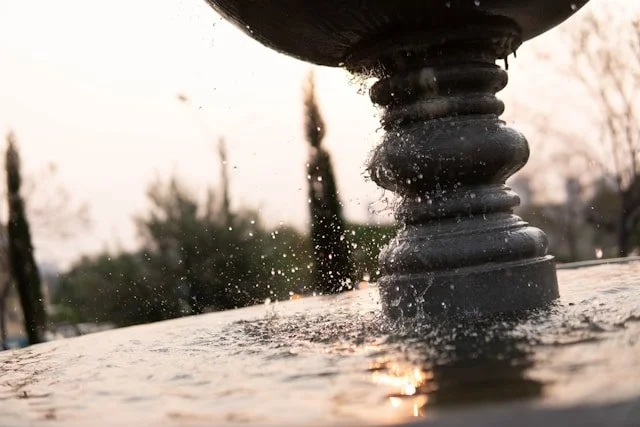600 years ago a church service looked far different than it does today.
The Medieval mass truly was a performance. The priest turned away from the congregation for most of the congregation and spoke (by some reports, “mumbled” is a more apt description) the service in Latin, a language the commoners didn’t speak and often the priests themselves didn’t speak.[i] The congregants observed the mass in silence. There was no participation.
600 years later much has changed. And yet much remains the same.
In the American evangelical church, our liturgy looks about as different from the liturgy of the church of the Middle Ages as you could imagine (and yes, while we don’t have a formalized liturgy, we share a collective informal liturgy – you can go to just about any evangelical church in America this weekend and expect a similar service). But church, as much as ever, is an experience those who attend come to watch. Like the church in the Middle Ages, attendance is declining, with a faithful churchgoer now coming to service once every three weeks or so.[ii] That has been exacerbated by Covid, which pushed many regular church attenders online.
Perhaps even more importantly, most Christians remain on the sidelines when it comes to service. Approximately 20% of those who attend church are engaged in service








